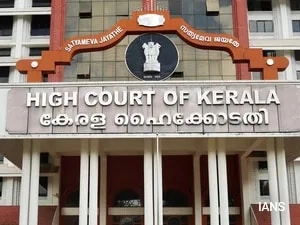In a recent announcement, Delhi’s Chief Minister Rekha Gupta emphasized a commitment to the preservation of slum areas within the city, stating that no slum will be demolished. This declaration comes amidst ongoing discussions about urban development and housing policies in the capital, where slums often face the threat of eviction as part of city beautification and modernization efforts. Gupta’s stance highlights a significant shift toward prioritizing the rights and welfare of slum dwellers, acknowledging the socio-economic challenges they face and the need for inclusive urban planning.
The Chief Minister’s remarks resonate with a growing recognition of the importance of housing security for marginalized communities. Slum areas are not merely informal settlements; they are vibrant communities that provide shelter to millions of residents who contribute to the city’s economy in various ways. By opting against demolition, Gupta is advocating for a more humane approach to urban development, one that seeks to uplift these communities rather than displace them. She has also hinted at potential initiatives aimed at improving living conditions in slums, such as better access to sanitation, healthcare, and education.
This policy shift has the potential to reshape the narrative surrounding slums in Delhi. Instead of viewing them solely as obstacles to urban progress, Gupta’s administration aims to recognize their residents as integral members of the city’s fabric. This approach aligns with broader global trends advocating for sustainable urban development that includes the voices and needs of all citizens, particularly those from disadvantaged backgrounds. As the city grapples with rapid urbanization and its accompanying challenges, the Chief Minister’s commitment could serve as a model for other urban centers facing similar issues.
In conclusion, Chief Minister Rekha Gupta’s firm stance on maintaining slums in Delhi underscores a pivotal step towards more equitable urban development. By prioritizing the rights of slum residents and focusing on improving their quality of life, the government can foster a greater sense of community and belonging within the city. This initiative not only addresses immediate housing concerns but also paves the way for long-term strategies that promote social and economic inclusion, ultimately contributing to a more just and sustainable urban environment for all Delhiites.




